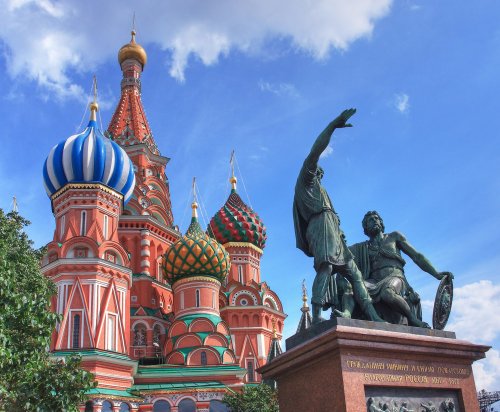
1075 years ago, in the family of a ruined aristocratic landowner in the village of Bagh near the city of Tus, the former capital of the ancient principalities of Khorasan, the great poet of the East, Abulkasim Firdausi, was born.
Already during his many years of service in the army, Firdausi began to take an interest in the life of the people, their way of life, history, collected and studied folk tales, legends, and wrote poetry.
Very little information about the poet's life survives. In 976, Ferdowsi began work on the massive epic poem “Shahnameh,” which became one of the outstanding monuments of world culture and a pearl of Eastern poetry. According to legend, Ferdowsi devoted 30-35 years of his life to his work, resulting in the creation of approximately 60,000 bayts (couples). The poems included in the “Shahnameh” enjoyed immense popularity from the moment they were published.
Studying the epics, tales, myths, and legends of the peoples of Central Asia, Ferdowsi decided to distill the people's four-thousand-year history and culture into an epic. The epic is conventionally divided into three parts: mythical, heroic, and historical.
The first part uses reworked ancient myths, the second includes tales of heroes, and the third is devoted to a chronicle of events. As Goethe wrote, “Firdowsi undertook an exposition of all the social and political events of the past, both legendary and historical.”
Although the epic is called “Shahnameh – The Book of Kings” and is divided into 50 so-called reigns (“padishahs”), its core idea is the glorification of the beloved homeland, the strength and power of the common people, its true heroes. The entire epic is imbued with sympathy for working people, and especially for the peasants.
These sympathies and Ferdowsi's humanism are especially clearly expressed in lyrical digressions glorifying humanity, its intelligence, courage, and honesty. The epic protests against despotism, oppression, and unjust wars. Ferdowsi calls on rulers to care for ordinary people, not to impose exorbitant taxes on them during natural disasters, and to protect them from the arbitrary actions of officials.
The utopian idea of a just, wise, and peace-loving ruler becomes the cornerstone of Ferdowsi's socio-ethical concept. The people's age-old dreams of a wise ruler are reflected in the images of just kings who sacrifice their lives for the freedom of their homeland, and in the images of folk heroes—strong, loyal, courageous, ready to perform heroic deeds in the name of their homeland, friend, or beloved. One of Ferdowsi's finest works is considered to be the poem “Rustam and Suhrab,” also included in the Shahnameh.
But you can’t hide the torments of love from people –
Their tears will be given over to the waves of the seas.
Whoever is loving – there is no mental pain
If he doesn’t hide it, he will reveal it against his will.
Having completed the Shahnameh, the great poet presented his multi-year work to the then-ruling Sultan Mahmud of Ghaznavid. However, the ruler disapproved of the epic, whose content conflicted with his despotic policies. For his enormous work, the poet not only received no reward but was also persecuted and forced to flee his homeland. According to legend, Ferdowsi issued a denunciatory satire on Sultan Mahmud.
Everything will happen as it is predetermined,
What is given to us by fate from birth.
Under the fatal wings of fate
And the sighted become blind.
The depth of thought, simplicity of language, realistic depictions of events and characters, and the astonishing aphorisms of many of the verses make the Shahnameh a truly popular work. The poet addresses philosophical and social issues in the epic, recreating the fate of the people and their heroes.
No one lives forever. Even if you live a hundred years,
Everyone is condemned to leave this world.
And whether it be a warrior or the Shah of Iran,
We are the prey of an unsearchable arcana.
The time will come when we will all be taken away.
To some terrible, unknown judgment.
Whether our road is long or short,
It is the same for everyone – we are given the cup of death.
When I think about it, I start crying now.
We must mourn for all the living!
The epic “Shahnameh” has entered the treasury of world literature, and the immortal lines of Firdausi are still heard in the languages of many peoples of the world.





